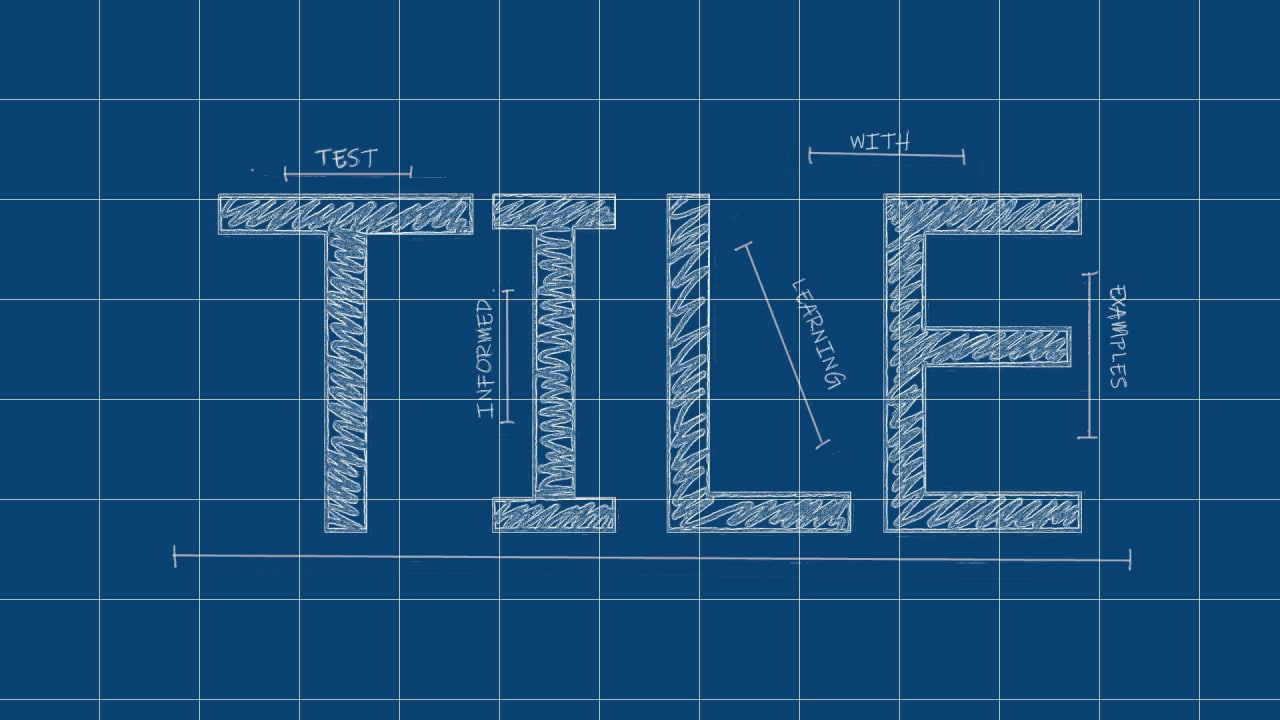Test Informed Learning with Examples

Repository with assignments using the Test Informed Learning with Examples (TILE) method to integrate testing into existing programming courses for free.
Menu
LinkedIN Community
Join our LinkedIN Community.
Cite this work
Use the following BibTeX entry to cite this work:
@INPROCEEDINGS{DVMB2023,
author={Doorn, Niels and Vos, Tanja and Marín, Beatriz and Barendsen, Erik},
booktitle={2023 IEEE Conference on Software Testing, Verification and Validation (ICST)},
title={Set the right example when teaching programming: Test Informed Learning with Examples (TILE)},
year={2023},
volume={},
number={},
pages={269-280},
doi={10.1109/ICST57152.2023.00033}
}
Convert a text to a dictionary of words
Write a function called text_to_dic that receives a text as an
argument. It must create and return a dictionary where the keys are
the words in the text, and their values are the number of
occurrences of each of these in the text.
Use the function you just wrote to define a function called
file_to_dic that receives the name of a text file and returns a
dictionary where the keys are the words of the text in the file and
its values the number of appearances of each of these in the text of
the file.
Don’t forget your documentation and pytests. To facilitate the
creation of your test cases, in Poliformat there is a text.txt
file that contains the following dictionary:
'Es': 13, 'un': 52, 'hecho': 13, 'hace': 11, 'tiempo': 8, 'que': 23, 'lector': 9, 'mira': 13, 'el': 11, 'de': 26, 'texto': 13, 'sitio': 11, 'mientras': 9, 'que.': 3, 'contenido': 10, 'mira.': 10
A histogram is a graphical representation of a variable in the form of bars, where the area of each bar is proportional to the frequency of the values represented. They are used to obtain a general “first view” or panorama of the distribution of the population, or of the sample, regarding a characteristic, quantitative and continuous (such as length or weight) (see https://es.wikipedia.org/wiki/Histograma).
Write a function ascii_histogram that receives as an argument a
dictionary with keys of type string and values of type int, and
returns an ASCII histogram that uses the Python output format. An
example is below:
>>> ascii_histogram(file_to_dic("text.txt"))
Es +++++++++++++
un ++++++++++++++++++++++++++++++++++++++++++++++++++++
hecho +++++++++++++
hace +++++++++++
tiempo ++++++++
que +++++++++++++++++++++++
lector +++++++++
mira +++++++++++++
el +++++++++++
de ++++++++++++++++++++++++++
texto +++++++++++++
sitio +++++++++++
mientras +++++++++
que. +++
contenido ++++++++++
mira. ++++++++++
Create a test case to test the function ascii_histogram that
returns as expected result:
>>> ascii_histogram(dic)
0
1 +
2 ++
3 +++
4 ++++
5 +++++
6 ++++++
7 +++++
8 ++++
9 +++
10 ++
11 +